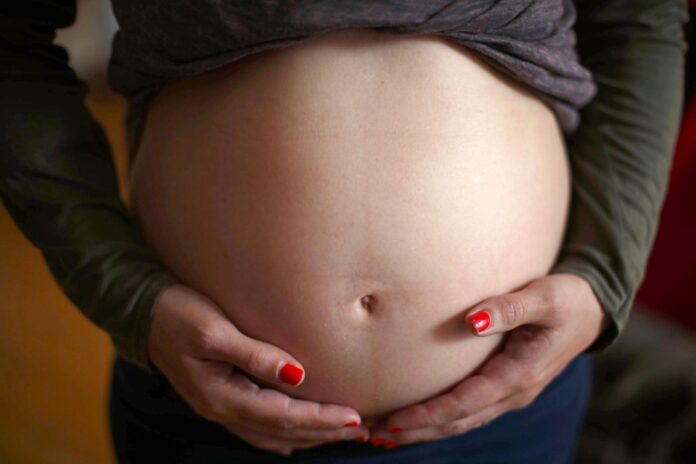MPs have claimed thousand of babies die preventable deaths every year in England because a culture of silence and shifting blame means lessons are not learned after mistakes happen on NHS maternity wards.
The report by the Health and Social Care Committee heard from the CQC’s Chief Inspector of Hospitals reporting evidence of a ‘defensive culture’, ‘dysfunctional teams’ and ‘safety lessons not learned’. Professor Ted Baker told the inquiry that more than a third of CQC ratings for maternity services identified requirements to improve safety, larger than in any other specialty.
The committee concluded that the Government’s overall progress to achieve key commitments in maternity services ‘requires improvement’. Further CQC-style ratings are awarded individually against progress in the four key areas: maternity safety; continuity of carer; personalised care; and safe staffing.
Health and Social Care Committee Chair Jeremy Hunt said:
“Although the majority of NHS births are totally safe, failings in maternity services can have a devastating outcome for the families involved. Despite a number of high-profile incidents, improvements in maternity safety are still not happening quickly enough. Although the NHS deserves credit for reducing baby deaths and stillbirths significantly, around 1,000 more babies would live every year if our maternity services were as safe as Sweden.
“Our biggest concerns were around staffing and culture: staffing levels have now started to improve but we found a persisting ‘culture of blame’ when things go wrong which not only prevents people admitting that mistakes were made, but crucially, prevents anyone learning from them.
“Our independent expert panel gave an overall verdict of ‘requires improvement’ which sends a strong message that the Government and the NHS need to redouble their efforts ahead of the Ockenden report into Shrewsbury and Telford and the Kirkup report into East Kent. Nothing less is owed to the families for whom a birth was not the joyous occasion they had the right to expect.”







